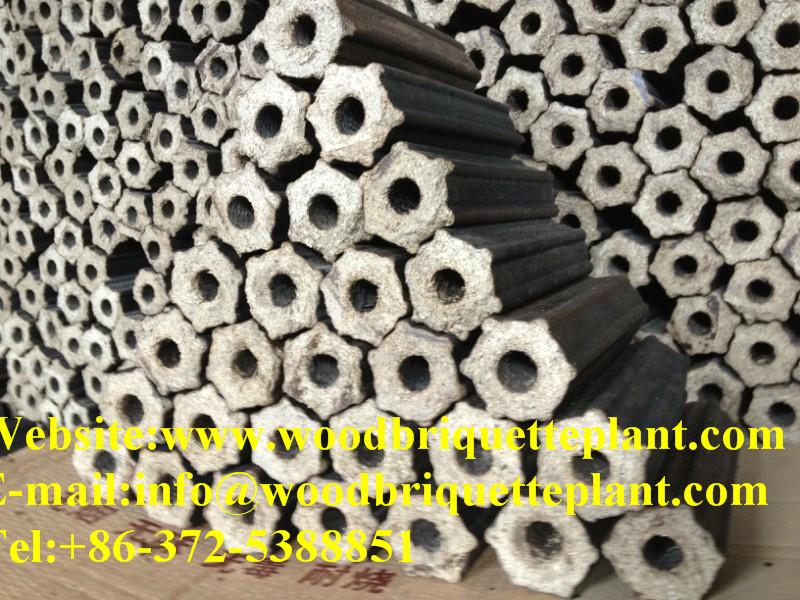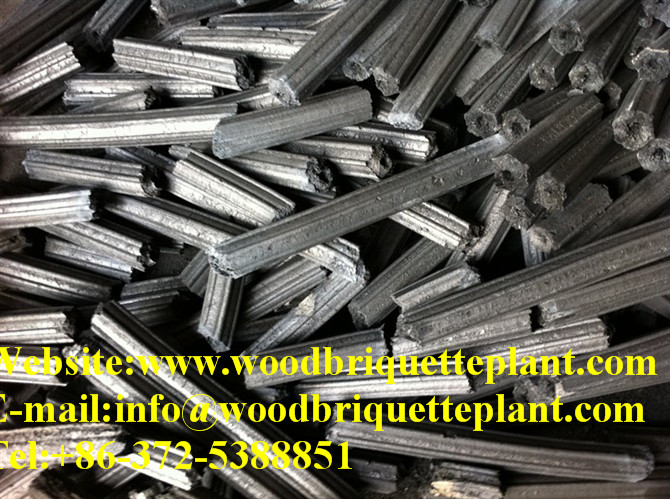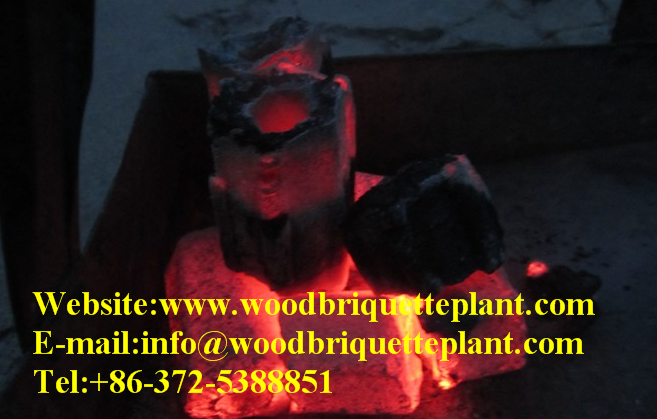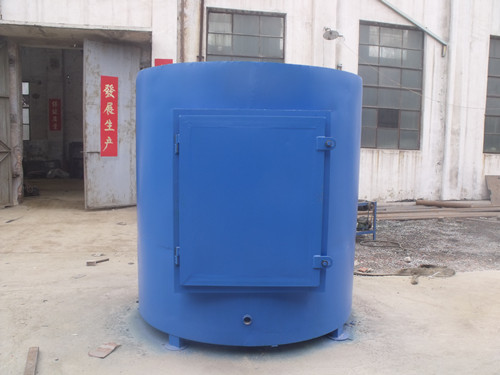The advantages of briquette charcoal
The advantages of briquette charcoal
Compared with wood-turned charcoal, briquette charcoal does possess so many advantages.
1. Environment protection: with Kingman
briquette charcoal machines and
briquetting presses, wood waste and offcut from lumbering and saw mills can be converted into biomass briquettes and pellets. In stark contrast, to produce wood-turned charcoal, lumber and timber shall be offered but they can actually instead be produced into furniture or for other uses. Therefore, briquette charcoal machines and briquetting presses are the best options.
Briquette charcoal can be kindled easily and is smokeless and spark-free in combustion and nontoxic. Charcoal ash in the process of charcoal combustion accounts for just 3%-6% and it will sediment without adrift.


2. High thermal value: Charcoal briquettes have higher density. The carbon content is around 80% and the calorific value can reach 7500-8000kcal/kg. While the carbon content of raw wood charcoal much lower and its calorific value is only about 6500kcal/kg.Fixed carbon content of briquette charcoal accounts for above 80%, with the thermal value of roughly 7500-8000Kcal/kg while the fixed carbon content of wood-turned charcoal just remains lower, with the thermal value reaching less than 6000Kcal/kg.
3. Uniform shape in dense structure and convenient use: the length and size of briquette charcoal is more or less like each other with the hollow structure in center, favorable for combustion and storage and transportation.
4. Moisture content of briquette charcoal is much lower than wood-turned charcoal, which is also one of the factors that thermal value of the former maintains quite higher, generally at 5%.
5. Briquette charcoal is free from chemicals, and featuring long-time burning, smokeless and flavorless.Charcoal products made from charcoal extruder is inflammable, smoke-free, has no spark and float dust when burning.


In a nutshell, briquette charcoal machines and briquetting press enjoy a good market based upon the edges of briquette charcoal.



